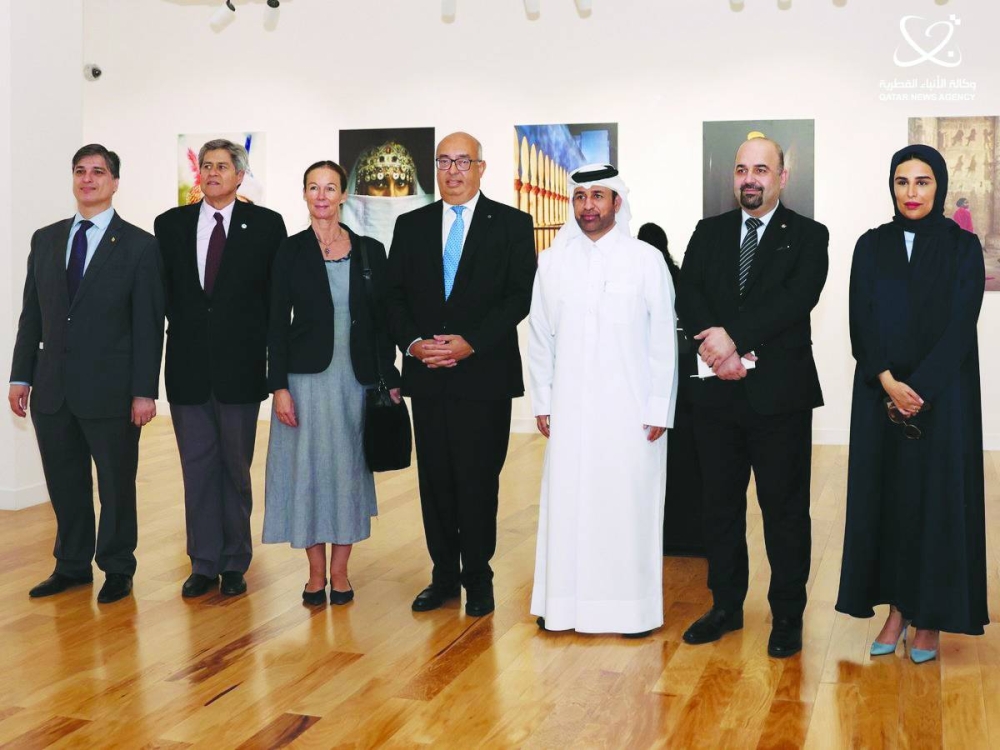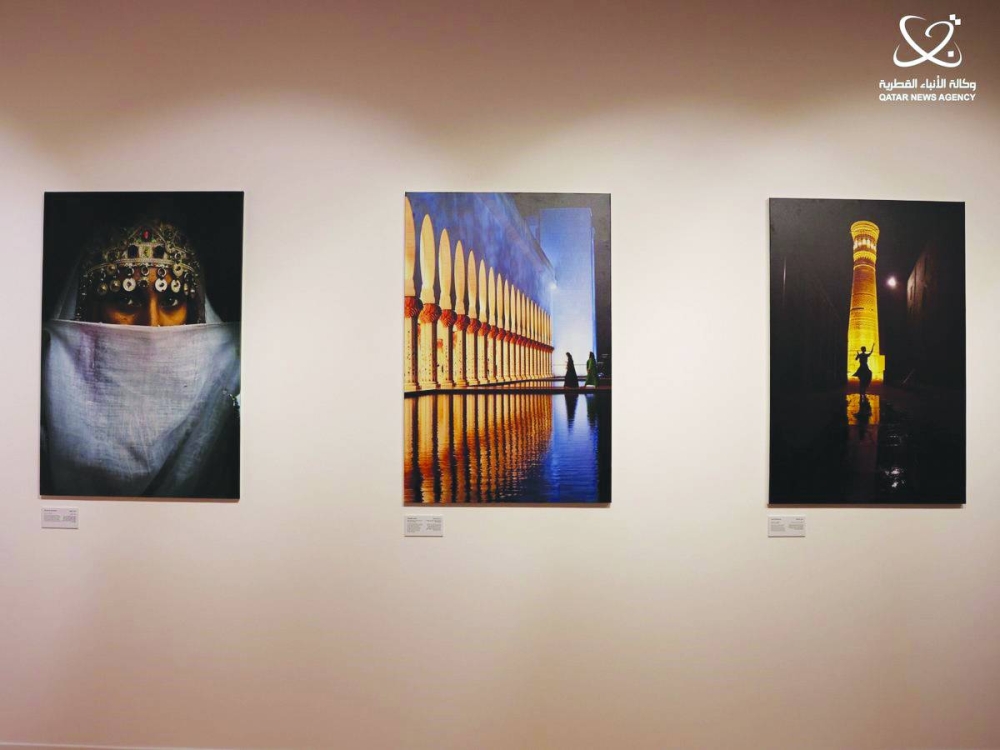The Cultural Village Foundation (Katara) launched the photo exhibition 'Youth Eyes on the Silk Road' which is organised in co-operation with the Katara Center for Public Diplomacy and the UN Educational, Scientific and Cultural Organisation (Unesco).
The exhibition was attended by a number of ambassadors as well as Unesco Representative for the Gulf States and Yemen and Director of the Unesco Office in Doha Salah El Din Zaki Khaled.
Running until Oct. 14, the exhibition includes 30 photos from 21 countries, selected in the international competition "Youth Lens on the Silk Roads", organized by Unesco.
On this occasion, General Manager of Katara Dr. Khalid bin Ibrahim Al Sulaiti stressed that the exhibition reflects the close co-operation between Katara and Unesco, which confirms the mutual appreciation for culture and art and building bridges of communication between cultures and peoples.
Al Sulaiti stated that they are creating a new path inspired by the Silk Road, connecting the East to the West and the North to the South through remarkable artworks that reflect the unique human heritage of various cultures. He emphasised the significant role of Arabs in promoting Arab culture along this historic trade route.
He also noted that the exhibition highlights Katara's ongoing efforts to foster collaboration with various organizations to promote the importance of cultural exchange, understanding, and peace among nations.
For his part, Salah El-Din Zaki Khaled described the exhibition as expressing Unesco's celebration of the community and cultural participation of youth through the activities of the Unesco Silk Roads Programme of the Unesco Social and Human Sciences Sector, appreciating the efforts of the Katara Cultural Village Foundation in cooperation and joint work.
He added that through the international competition exhibition "Youth Lens on the Silk Roads," Unesco aims to enhance youth engagement with their cultural heritage and share their ideas with the world. He noted that the exhibition showcases vibrant perspectives from young artists living or traveling along historical routes, reflecting their spirit of creativity and collaboration.
The Unesco representative stated that the partnership between Unesco and Katara, along with the Katara Public Diplomacy Center aims to revive principles focused on cultural exchange along the Silk Road. He mentioned that this collaboration will lead to further partnerships for various future events.
Speaking to Qatar News Agency (QNA), Salah El-Din Zaki Khaled said the contest, in its fourth edition for 2024, received 300 applicants from 21 countries, 30 of whom were selected. They completed their works that reflected the cultural heritage of their countries, which are located on the Silk Road.
In a related context, photographer Abdulrahman Abdullah from Bangladesh shared that his contribution to the exhibition was inspired by a heritage festival in Katara, highlighting Qatar's rich cultural legacy. His photograph features a person holding a falcon, symbolising the care for heritage. He emphasized that Katara's support for such exhibitions fosters the development of artists' talents, particularly among emerging photographers.
The term "Silk Roads" was coined by German geographer Ferdinand von Richthofen in 1877, referring to a vast network of interconnected routes that linked ancient communities across Asia, the Indian subcontinent, Central Asia, and the Near East, stretching about 7,500km and covering over 35,000km in total. For over 36 years, Unesco's Silk Roads programme has focused on promoting the shared cultural, scientific, and commercial heritage associated with these historic trade routes.


